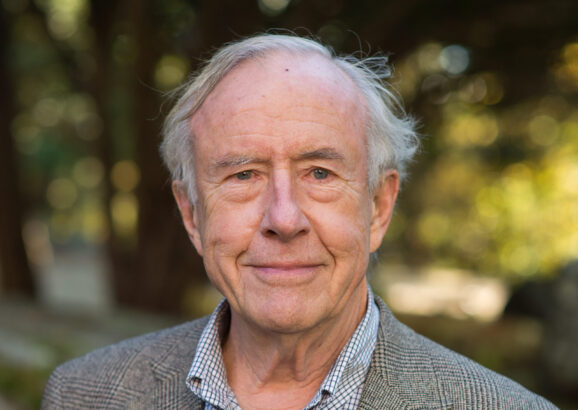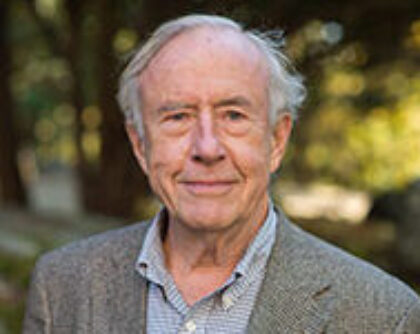George Clark
In Memoriam: August 31, 1928 – April 6, 2023
Research Interests
Compact Objects: X-ray
Courtesy of MIT Video Productions | YouTube
Biographic Sketch
Clark received a bachelor’s degree from Harvard in 1949 and a PhD from MIT in 1952.
He was a member of the MIT Physics faculty for 44 years, from his appointment as Instructor in 1952, Assistant Professor in 1954, Professor in 1965, and in 1985 Breene M. Kerr Professor of Physics, until he retired in 1996. From then until 1998, he held a term appointment as Professor. He is currently continuing his research at the MIT Kavli Institute for Astrophysics and Space Research.
In the 1950s Clark worked with Bruno Rossi and other collaborators on several large cosmic ray air shower experiments that used the novel methods of density sampling and fast timing to measure the energy spectrum of the primary cosmic rays to 1 billion billion (10^18) electron volts and to determine the distribution of their celestial arrival directions.
In 1962, he was awarded Fulbright and Guggenheim Fellowships. In 1991, he received the MIT School of Science Teaching Prize for his work over many years as the faculty member in charge of Physics 8.13-14 (Experimental Physics).
He received the NASA Exceptional Scientific Achievement Award for his work with Claude R. Canizares on the Focal Plane Crystal Spectrometer experiment on the Einstein X-Ray Observatory. He was a principal scientist for satellite experiments that resulted in the discovery of high-energy gamma rays from galactic and extra-galactic sources. His pioneering work in the use of balloon-borne instrumentation for observing celestial X-ray sources discovered high energy X-rays from the Crab Nebula. Clark was the Principal Investigator for the MIT X-Ray Observatory on the Third Small Astronomy Satellite. He continues his work with observations from the Chandra X-ray Observatory.
Clark is a member of the American Academy of Arts and Sciences and the National Academy of Sciences.

X-ray astronomy leader George W. Clark dies at 94
Clark led investigations in cosmic-ray physics, and gamma-ray and X-ray astronomy.
Awards & Honors
- 1991 // MIT School of Science Prize for Excellence in Undergraduate Teaching "for 8.13/8.14"
- 1980 // National Academy of Sciences Member
- 1962 // Fulbright Fellowship
- 1962 // Guggenheim Fellowship
